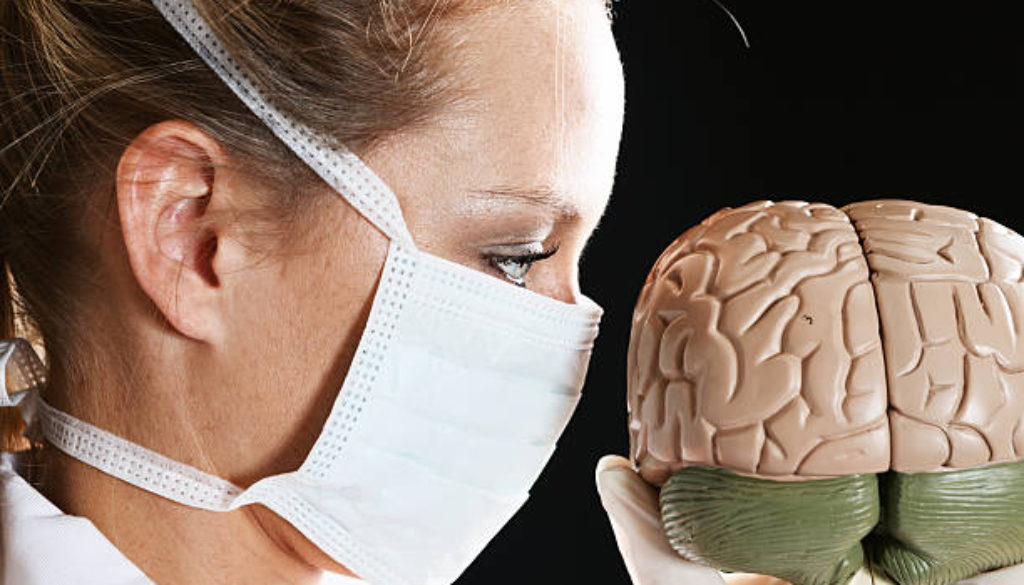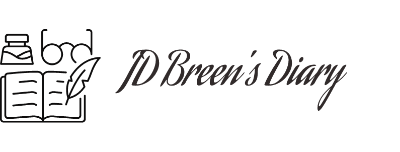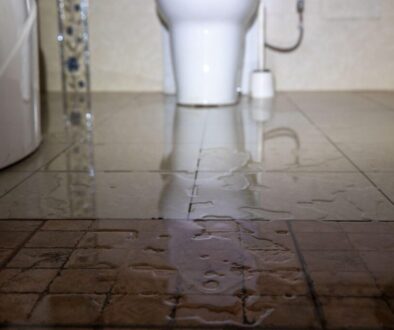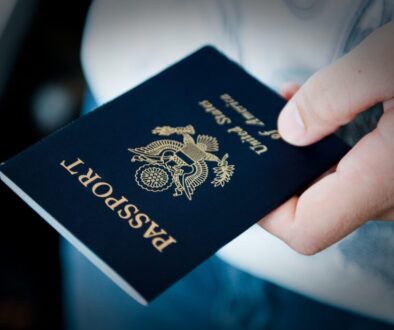Viral Thoughts

Atlanta, GA
March 22, 2020
Randolph Bourne observed that war is the health of the state. So are war analogies. Particularly those with obscure enemies and no clear definition of victory.
The War on Poverty. The War on Drugs. The War on Terror. All undefined, all un-winnable, all unending. And all profitable…at least to a favored few.
Abstractions are ideal enemies. They are never defeated, so require that ever-more power and resources accrue to the Crown. Government is a beast that gets hungrier as it eats.
In a classic hammer-nail scenario, the US Government is mobilizing its printing presses and its troops…for a War on a Virus. On Wall Street, stocks have hit an air pocket, and monetary helium is being pumped into a popped balloon.
Martial law pertains across New York, California, and Illinois. House arrest is imminent or in effect everywhere else. Even beaches and parks are closing, blockading nourishing sources of distraction and Vitamin D.
But not in Mexico and Brazil. Their approach is to let the scourge roll unabated, like the seasonal flu. Or like the US did with H1N1, when 60 million Americans were infected and over 12,000 died.
Perhaps the lackadaisical Latins will be over this in a few months, having acquired herd immunity and moved on. Or, they may soon be piling corpses from the barrios and favelas into mass graves outside Rio and Guadalajara. We don’t know.
Maybe they will emerge more in the manner of Japan and Vietnam than of Italy and China. But northern Italy and Wuhan, China were battling pockets of tuberculosis as corona arrived. We read that in Italy 99% of those who’ve died had been suffering other illnesses. Might that influence mortality rates in those regions? Again, we don’t know. We don’t even know what’s true.
We also don’t know whether the State’s draconian helicopter-parenting efforts to limit spread will be effective now. Or, even if they are, if they will prevent recurrence later.
If nothing else, the Mexicans and Brazilians will provide an empirical counterpoint to the authoritarian lock-downs that are slipping what’s left of Western liberties and modern economies into a prolonged coma or early grave.
My thinking on this continues to fluctuate. By all accounts, this virus is serious, and precaution is warranted. But so is prudence. Yet discussion of trade-offs seems to be discouraged. To consider costs is deemed irresponsible and heartless.
Now is apparently not a time for debate, but for docility and compliance, to meekly heed the politicians and the epidemiologists. But why should they have a monopoly on opinion when their top-down prescriptions have ubiquitous implications far beyond their limited expertise?
A knowledge of disease or a facility for buying votes does not imply an understanding of international division of labor and the consequences of its disruption. Consideration of unintended consequences is dismissed. For all we know, suicides and stress resulting from forced detainment and economic annihilation may cause more deaths than this virus. Once again…we don’t know.
Moreover, we don’t know what we don’t know. And we remind ourselves that those who are unaware of their ignorance will be misled by their knowledge. Even (or especially) the “smartest” people in the room. As Oscar Levant said, the world needs more geniuses with humility. There are so few of us left.
Still, anecdotes of healthier victims and younger deaths raise eyebrows, concern, and caution. We keep our own hands washed, and those of others at a distance. But we hope that extreme outliers don’t define general policy or overwhelm sound perspective.
As it is, a pox is on all our houses, to which we are indefinitely confined. Being tethered to our nests, we are doing our best to feather them despite economic disruption. During the week, we each go to our designated corners, put our phones to our ears and eyes on our screens, and try to work…grateful that we still have work to do.
As time permits, we sneak outside, seeking fresh, uncontaminated air. Walking around the neighborhood, we see others doing the same. Parents playing with children, children playing with each other, couples strolling together, often with dog in tow.
Spring has arrived. Cool mornings yield to warm afternoons. Flowers bloom, bees buzz, and pollen fills the air. So, these days, does a pall…of suspicion, uncertainty, and fear.
Seasonal allergies cause dry coughs, aching heads, and reflective suspicion of a more newsworthy affliction. Neighbors pass each other on the street, but always on opposite sides, keeping a wary distance.
A basketball rolls down a driveway, stopping in front of us. A man and his son come after it, and pause. We glance toward them, then at the ball. Normally, we’d pick it up and throw it back.
Are they waiting for us to do so? Or praying that we don’t? Do they ask us to return it? Or tell us not to? By avoiding the ball, are we being conscientious citizens, or bad neighbors? To the extent we have interactions the next several months, a certain awkwardness is probably inevitable.
This is neither the first, nor the worst, malady to beset civilization. The 14th century Black Death remains the most notorious. In The Plague Year, Daniel Dafoe chronicled its revival in 17th century London. Recent hysteria, if not current facts, recall the deadly Spanish Flu of 1918.
In 1793, Yellow Fever carried off one in ten Philadelphians. Ignorance was rampant. Fear was palpable. In that annus horribilis, the city hosted the nascent Federal government and the most prominent minds in the young republic.
But epidemiology was not understood and hygiene was almost unknown. The greatest medical man of the age, Dr. Benjamin Rush, ascribed the malady to coffee rotting on the docks, and its cure to purgatives and blood-letting.
The mosquito was not indicted till almost a hundred years later. In 1883, a Cuban doctor named Carlos Findlay inferred the source from a single line…almost a digression…in Rush’s 300 page account of the epidemic, where he noted that “mosquitoes, the usual attendants of a sickly autumn, were uncommonly numerous.”
Despite not knowing whence the disease came, Philadelphians quickly assumed it was communicable. Handshakes ceased. Eyes were averted. Streets were crossed. Hearses were avoided. People in crêpes were shunned. Quarantines proliferated. Funerals abounded. Graves filled.
Unlike ours, Philadelphia’s fears were compounded by their lack of epidemiological knowledge. But they were also alleviated by their ability to leave.
A plague of a different sort struck France in 1865. The bug entered surreptitiously a couple years earlier, on boats from around the world. Like the mosquito, it used its long, thin proboscis to sap its target. It secreted chemicals to stop the victim from plugging the wound, fed for a bit, then moved on. It was not the feeding, but the chemical inhibitors to healing, that caused the damage.
The disease spread like bankruptcy…first slowly, then suddenly. By the end of the decade, its host was essentially extinct. At its peak, the Phylloxera had decimated European vines and economies as far away as Croatia.
Businesses failed. Bills went unpaid. Trains stopped. Talk about a supply chain disruption! You know it’s bad when the medicine gets sick.
Despite having nothing to wash it down, the proud French soon swallowed their pride…and grafted their native vines to American rootstocks. The scourge abated, and the method persisted.
Vines producing today’s vintages are not of the same genetic type that produced 1846 Bourgogne, 1865 Montrachet, or 1870 Lafite Rothschild. Those came from what are now known as France’s lost grapes.
They are now quite rare, and exist in only a few places on earth. Among them are the remote Calchaquí Valley of Argentina. With terroir of extreme elevation, isolation, and desert, it has avoided the spread of phylloxera. And of our new coronavirus.
We are too late to quarantine ourselves in such a remote place flowing with fine wine. But before the borders sealed and commerce ceased, a few of its bottles made their way to our abode. As did our worthy staples from Walla Walla.
Thirteen years after the Philadelphia fever, and to praise his contributions developing a smallpox vaccine, Thomas Jefferson assured the physician Edward Jenner that “yours is the comfortable reflection that mankind can never forget you have lived.”
Our doctors, caregivers, grocers, and delivery drivers deserve similar approbation. As do our pharmacists, whether down the street or in the vineyard.
By them, we preserve our health, and keep our wits.
JD



